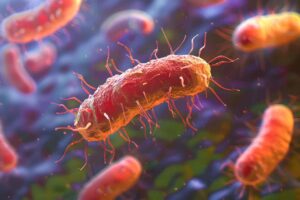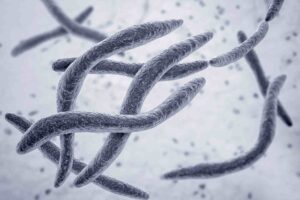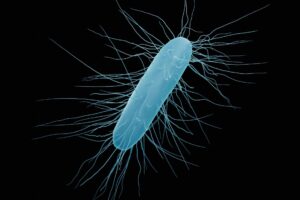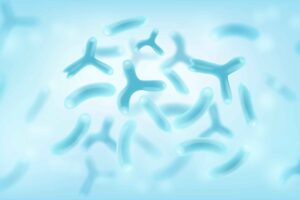Gastroenterology
Vitamins like riboflavin may support health not only through direct effects, but also by boosting beneficial microbial functions.
Gastroenterology
A recent study highlights the potential for dietary interventions in treating C. difficile infection and inflammatory conditions such as inflammatory bowel disease.
Gastroenterology, The Bold Column
The gut microbiome is now being explored not only for its role in health and immunity, but more and more for how it might improve performance. So, what happens when…
Gastroenterology
Gut microbes adapt to exercise demands, favoring energy production over bacterial diversity.
Gastroenterology
Targeting TudS could be a potential therapeutic approach for treating C. difficile infections.
Oncology, Gastroenterology
Each Fusobacterium nucleatum population has unique traits and distribution patterns across body sites and conditions such as colorectal cancer and Crohn’s disease.
Neuroscience, Gastroenterology
Gut microbiota-produced bile acids can be used as therapeutic targets for multiple sclerosis.
Video, Gastroenterology
At the upcoming 13th edition of the Probiotics, Prebiotics, and New Food Congress in Rome, Professor Emma Allen-Vercoe, PhD from the University of Guelph (Canada), will present groundbreaking research on…
Gastroenterology
Nutrient competition is the main mechanism of C. difficile inhibition, hinting at the potential for targeted therapies with probiotics instead of traditional FMT.
Gastroenterology, Pediatrics
Researchers have developed new tools to better understand the role of Bifidobacterium breve, revealing its competitive growth strategies and potential for supporting the immune system.












